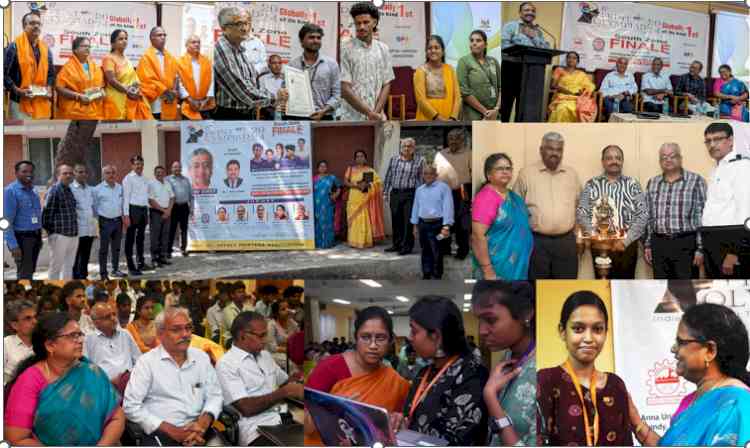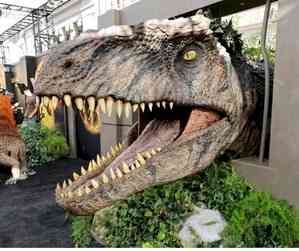Friction and fractures inter-related, may explain earthquakes
London, July 9 (IANS) In a major breakthrough that has implications for describing the mechanics that drive earthquakes, researchers have discovered that how things break (fracture) and how things slide (friction) are closely inter-related....

London, July 9 (IANS) In a major breakthrough that has implications for describing the mechanics that drive earthquakes, researchers have discovered that how things break (fracture) and how things slide (friction) are closely inter-related.
The findings overturning conventional wisdom stretching all the way to Leonardo da Vinci.
Over 500-years-ago, da Vinci described how rough blocks slide over one another, providing the basis for our understanding of friction to this day. The phenomenon of fractures was always considered to be something totally different.
The new findings create a new paradigm that is very different from the da Vinci version, and give us a new understanding of how earthquakes actually occur, the researchers noted.
Professor Jay Fineberg and his graduate student Ilya Svetlizky fom Hebrew University of Jerusalem in Israel produced "laboratory earthquakes" showing that the friction caused by the sliding of two contacting blocks can only occur when the connections between the surfaces are first ruptured (that is, fractured or broken) in an orderly, "organised" process that takes place at nearly the speed of sound.
How does this happen? Before any motion can occur, the blocks are connected by interlocking rough contacts that define their interface. In order for motion to occur, these connections have to be broken.
The study appeared in the journal Nature.

 cityairnews
cityairnews 
















